UN helps turn Crisis into an opportunity: How Solar Energy Made a Difference in Batloun School
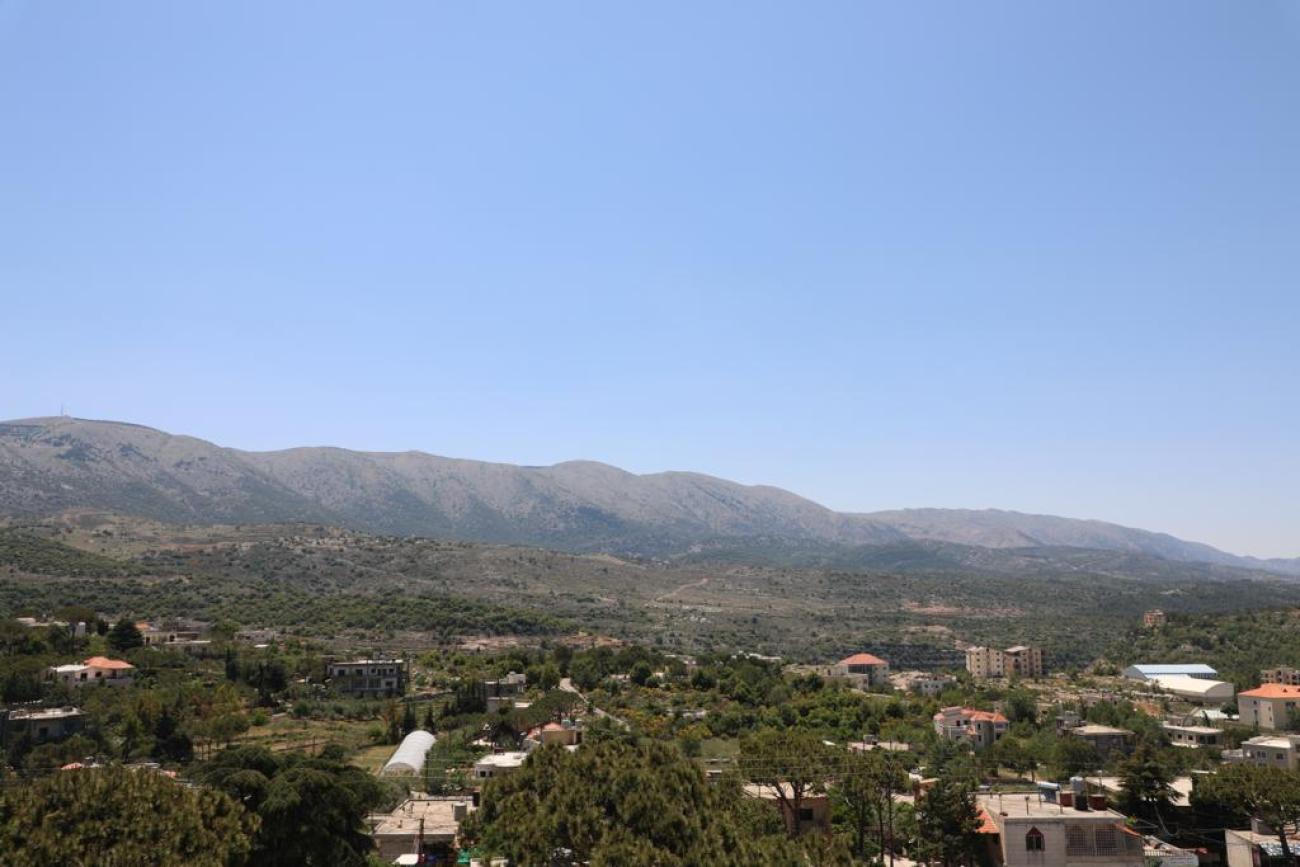
On the occasion of World Environment Day 2022, UN Lebanon showcases the impact of one of its environmental initiatives on people's lives.
Maha Hassan, 47, carefully roams the hallways of Batloun Public Intermediate School every afternoon to make sure lights are turned off before she goes back home. Given the serious economic and financial crisis the country is reeling under and the limited energy sources, she does her best to save the school’s expenditures. Hassan, who was once enrolled in the school as a student, and later on worked at it as a teacher, now strives as principal to maintain the competitive quality of teaching amid the daunting challenges in Lebanon.
“Our school is known for its high-quality teaching, so it attracts many students from nearby villages who cannot afford expensive private schools.” says Hassan, who succeeded in transforming the obstacles that the school has been facing into a long-term opportunity.
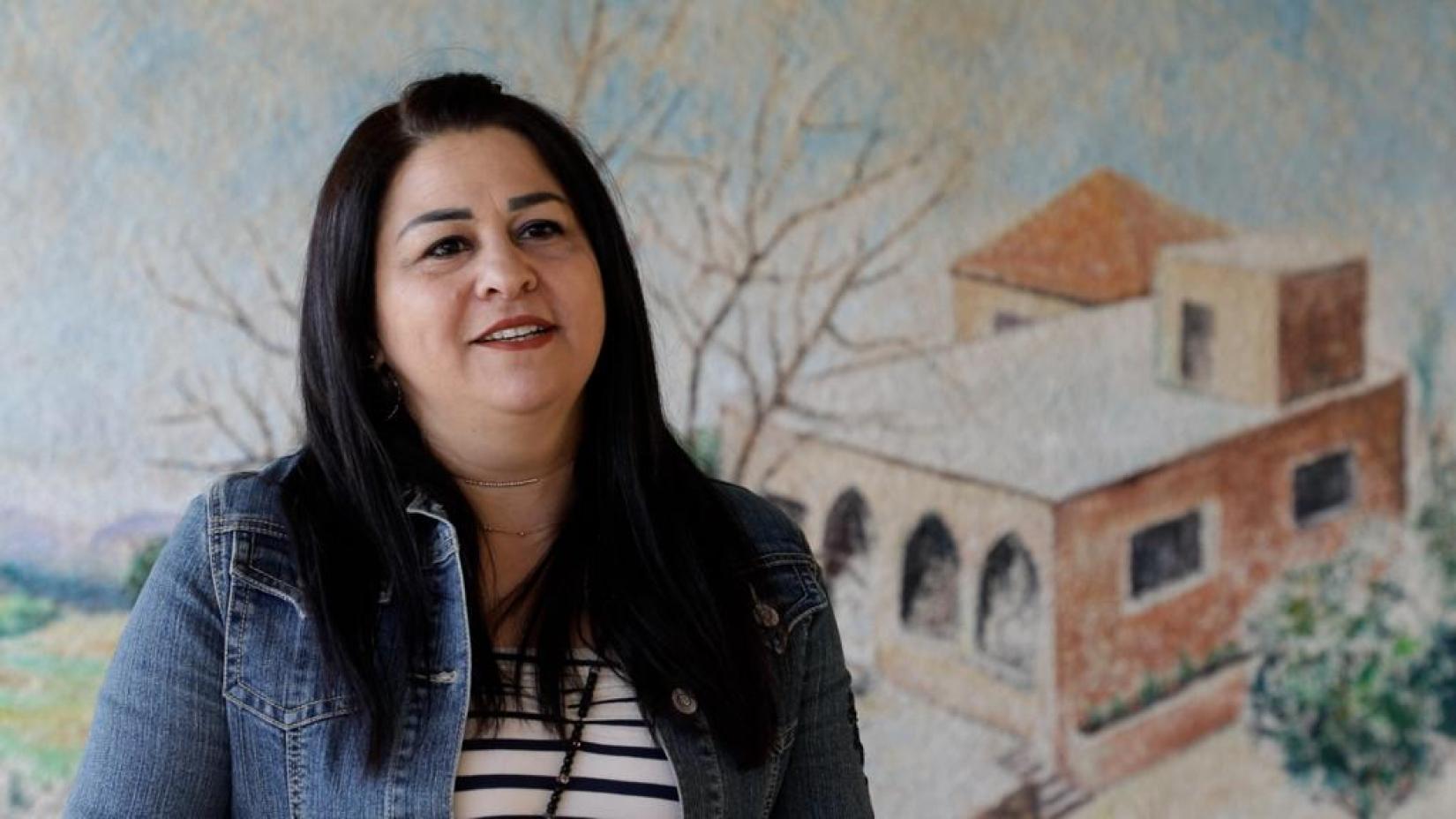
Cold and Dark Classes
The past academic year (2021/2022) was challenging for Batloun Public Intermediate School, located at an altitude of around 1050 meters above sea level. The school's geographical location made it difficult to endure the winter season without the necessary energy sources for running heating supplies. The weather-related challenges were compounded by the shortage of fuel supply in Lebanon and the long hours of power cut. “Running a school without power is impossible. We need power for lighting, printing, photocopying, and running labs and libraries. Unfortunately, the students had to learn in cold and dark classes with the constant power cut,” Hassan say.
With these circumstances, the school relied on three energy sources: a private generator that the school owned and ran on fuel, a subscription with a privately-owned generator that supplied energy for schools and residences in the village that also runs on fuel, and the national utility supply (Électricité du Liban). These resources proved expensive, unreliable, inefficient, and unsustainable. In addition to the expensive fuel price, the school’s reliance on this energy source was inconsistent with the Batloun municipality’s orientation towards decarbonizing the village and reducing carbon emissions by at least 40% by 2030.
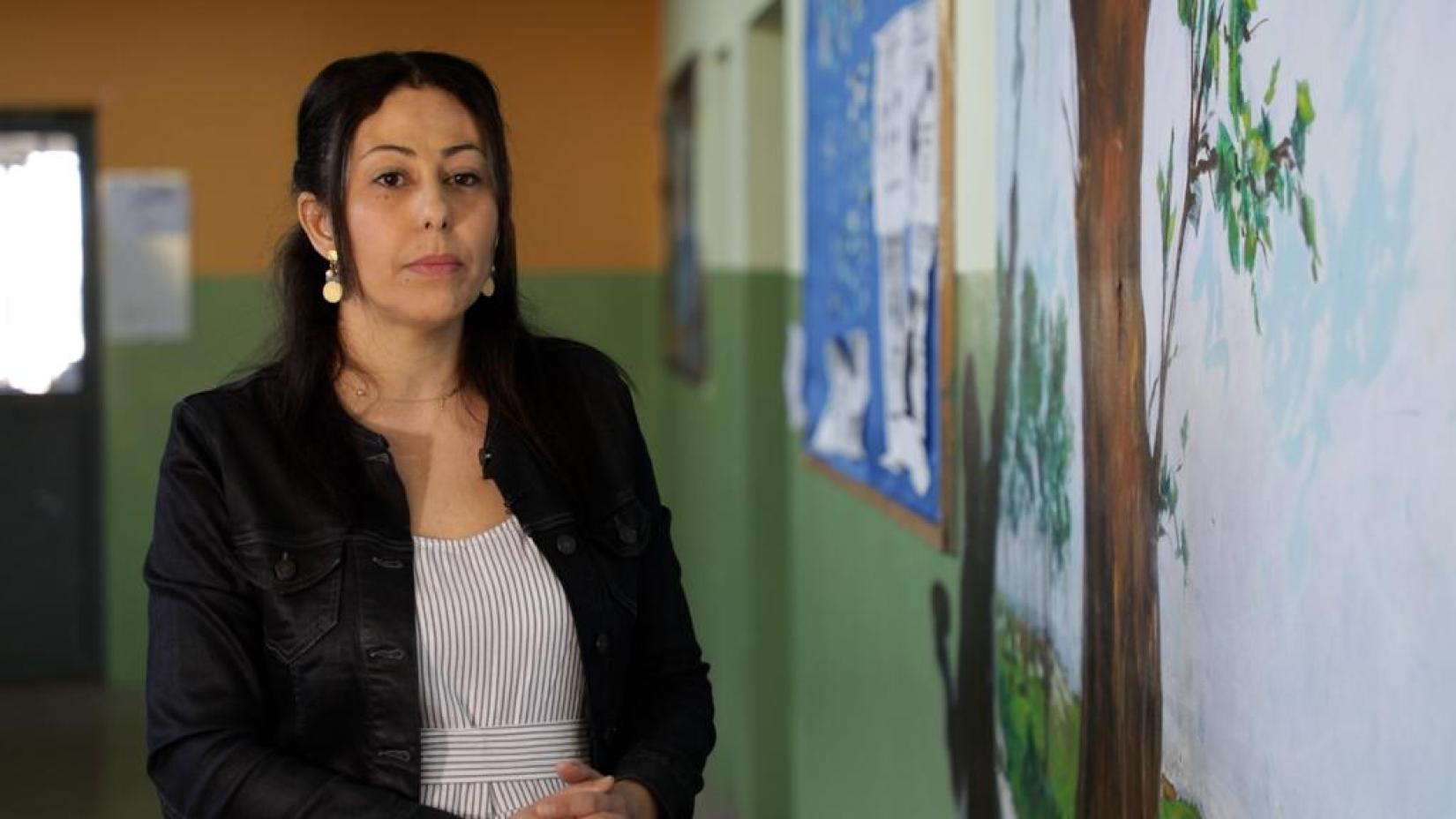
Despite the challenges, teachers and students did not lose the urge to successfully complete the past academic year. Many teachers had to alter their teaching methods to deliver lessons. Carol Saadeddine, an English teacher at the school could not run audio tapes to train her students on listening skills. Therefore, she held in-class conversations to improve the capacity of her students to understand conversational English. The students also applied some tactics to cope with the challenging situation. Because teachers could not print papers or use technology in class, students had to manually and rapidly note down information while also listening to the teacher. Rayan Halabi, 13, a student in grade 9 at Batloun Public Intermediate School found the past year challenging: “I couldn’t copy and listen to the teacher at the same time. I was also annoyed by the fact that we couldn’t use the smart TV, projector, or DVD”. He adds: “We were all anxious most of the time because of this situation”.
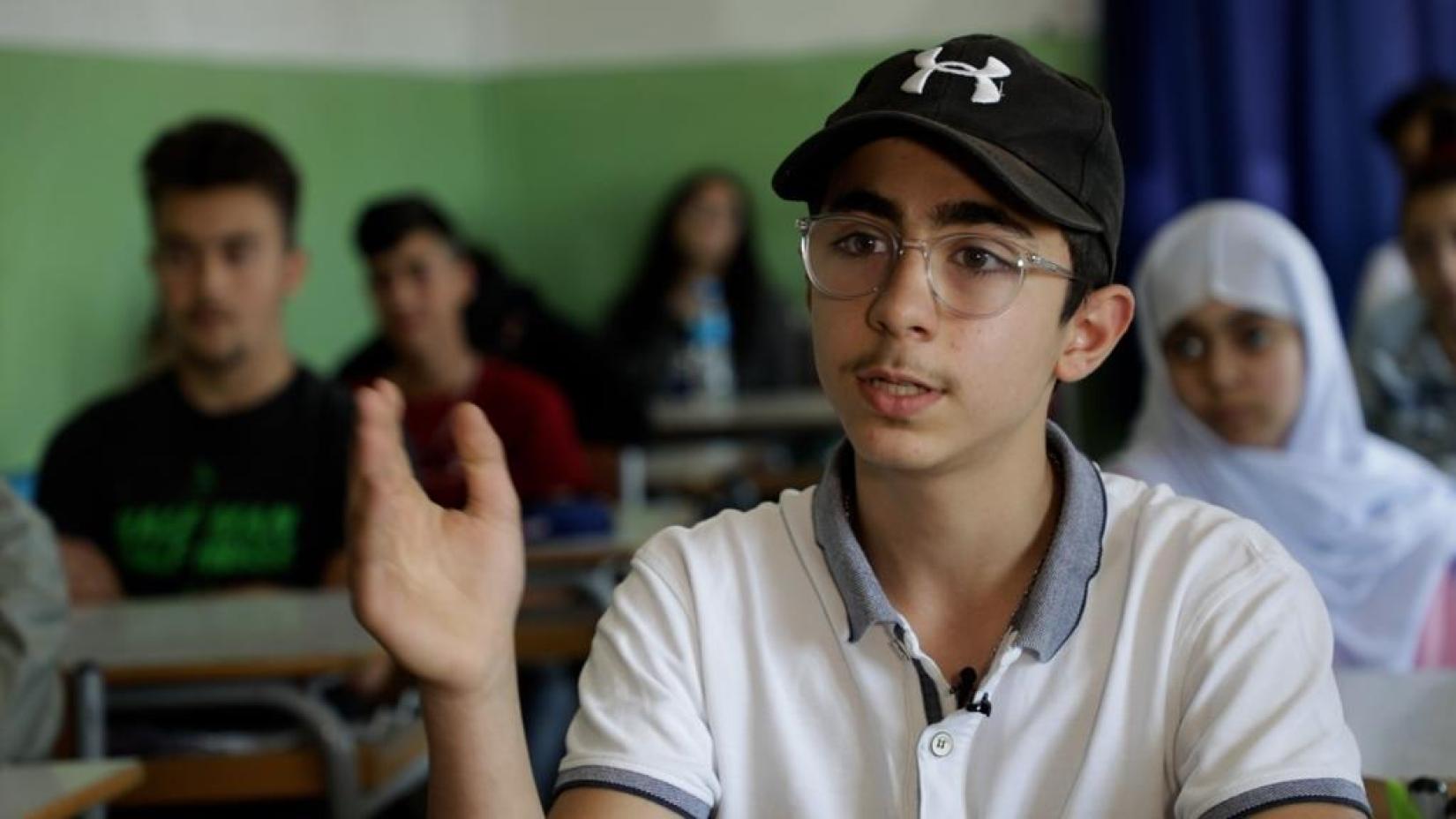
Solar Energy: Game Changer
A few months ago, UN Lebanon installed a solar photovoltaic system in Batloun school as part of a European Union (EU) funded CEDRO 5 project. UN Lebanon, through the UN Development Program (UNDP), had selected interventions that are based on the priority ‘Action Plans’ as identified and designed through the implemented SEACAPS (Sustainable Energy and Climate Action Plan) studies and focused on the installation of renewable energy systems and related energy efficiency applications. UN Lebanon, with funds from the EU, implemented the project in Batloun in close coordination with the Head of Batloun municipality Marwan Kais. The project was also implemented in several public institutions across Lebanon including Baakline, Bishmizine, Dinneyeh, Hasbaya, Nabi Sheet and Qab Elias.
Since 2016, Kais has been working on greening the village and installing photovoltaic systems in public institutions. He recommended the installation of these systems in Batloun Public Intermediate School under the CEDRO 5 project implemented in close coordination with European Union (EU) Clima-Med Project because he believes that “solar panels [photovoltaic systems] are essential for public schools since it saves the cost of fuel which is very expensive compared to the limited financial capacities of these institutions.”
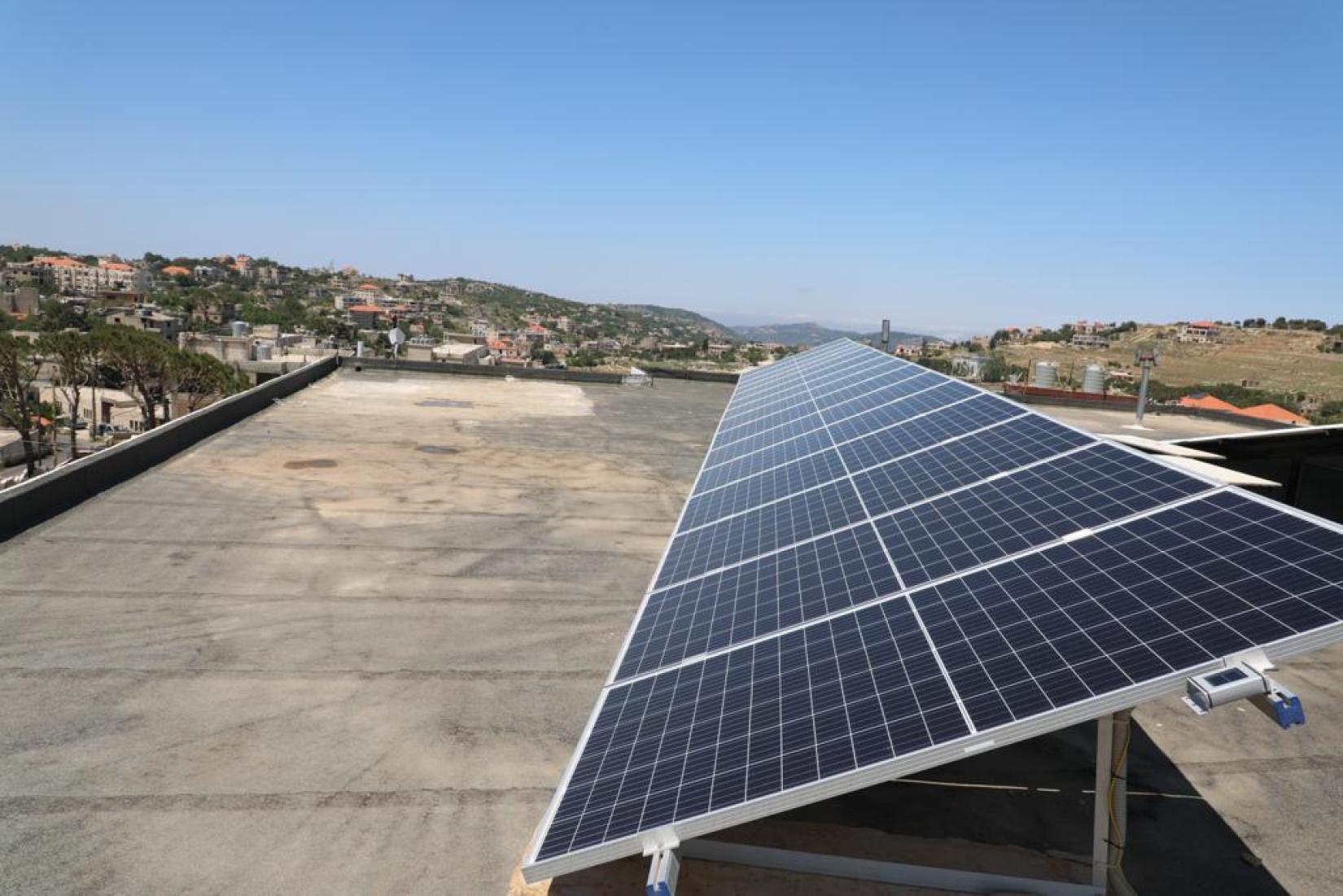
In fact, the installation of the photovoltaic systems has decreased the energy bill of Batloun Intermediate School by producing 10 MWh/year, leading to eight tons of Carbon Dioxide (CO2) savings and covering more than 70% of the energy bill for the school.
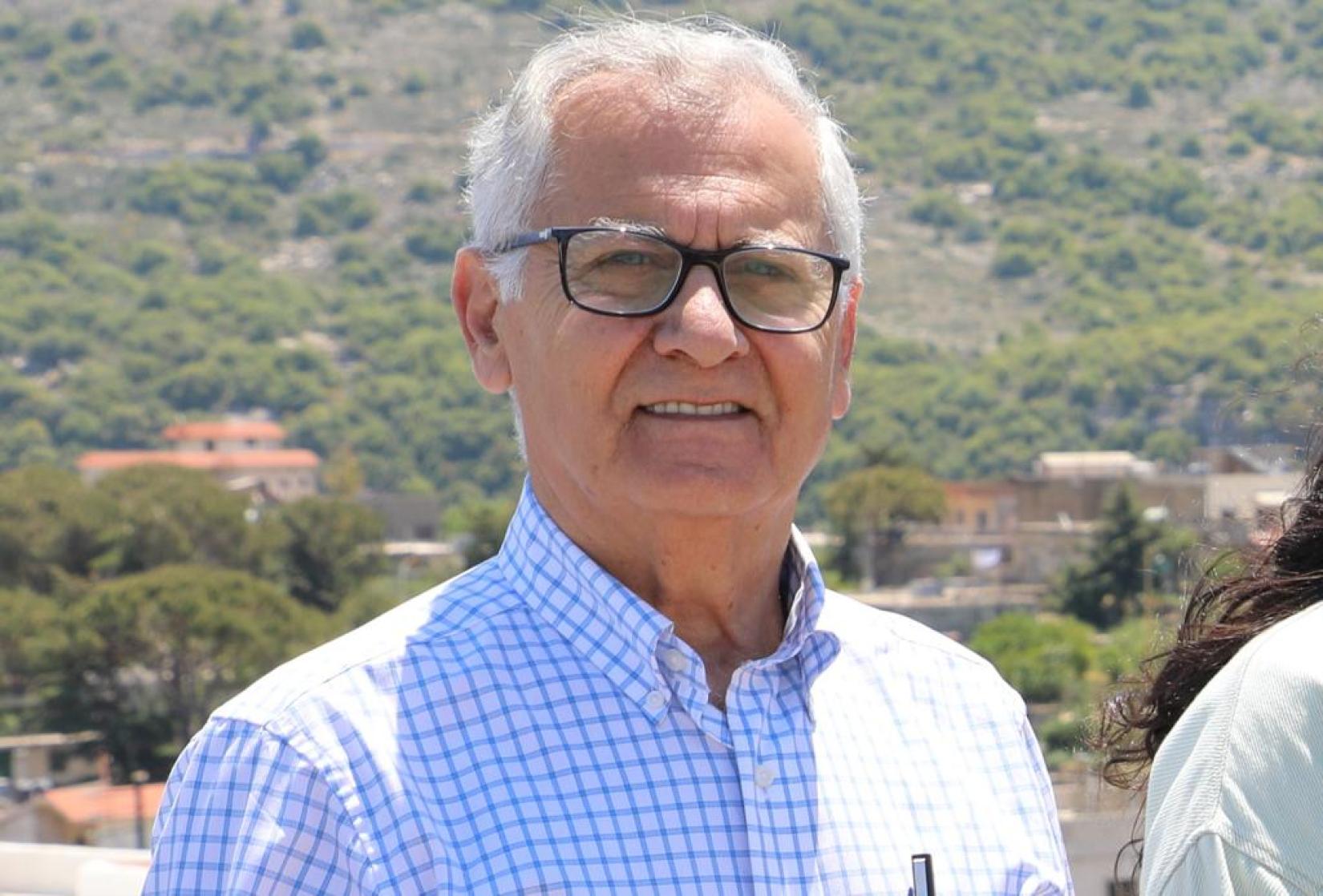
After Installing photovoltaic system, the experience of both teachers and students became less exhausting. “With the supply of power through solar panels [photovoltaic systems], I am less anxious because I can use technology whenever I want without the need to always rely on alternative methods,” says Saadeddine with a sigh of relief. Shimah Abou Ismail, 16, a grade 9 student also thinks that the availability of electricity through the photovoltaic systems is creating a more peaceful ambience in classes: “With solar panels [photovoltaic systems], we don’t have to waste time on manually copying information from the board. Light is always available, and we can print whenever we want. I feel that now we are on the safe side”.
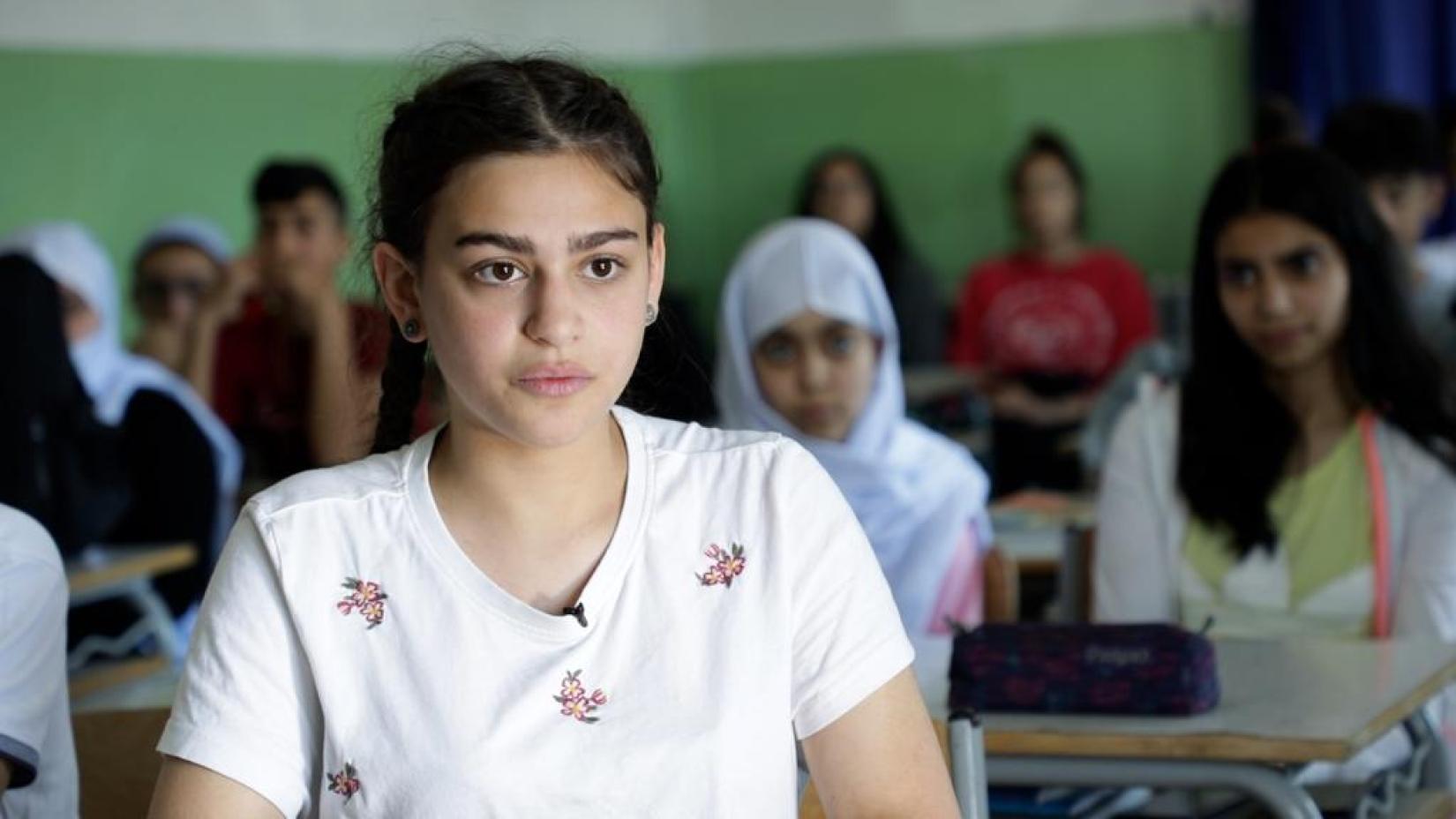
Embrace the Sun
Although Batloun Intermediate School incurred a challenging winter, the persistence of its principal, teachers, and students, each from his/her position turned the crisis into an opportunity. As she wanders across the school's hallways with eyes wide open, Hassan giggles as she says: “the sun is a clean and renewable energy source that we can use for free and without any side effects”.



